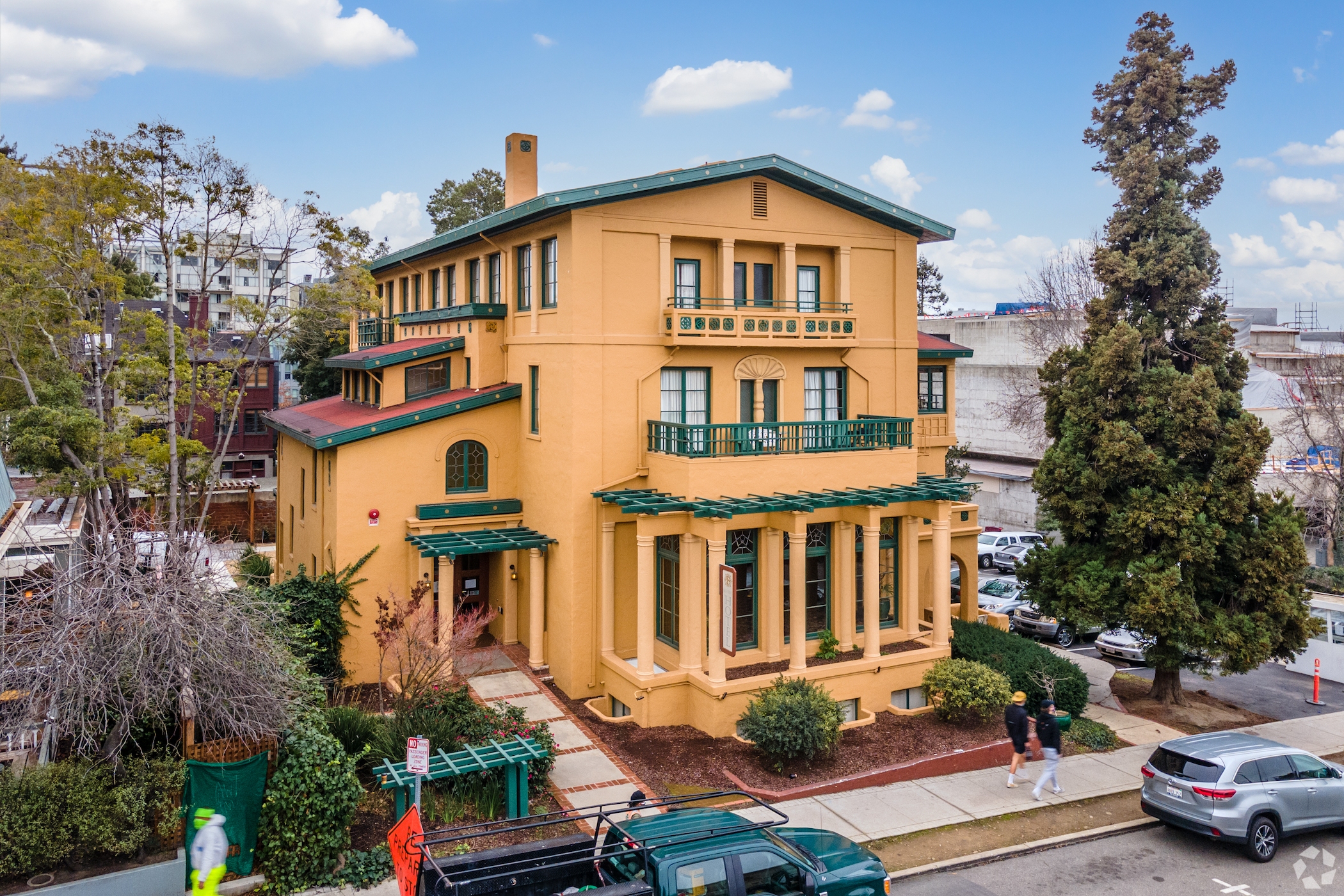The skyline defining the area around the University of California, Berkeley, campus could face sizable changes as the East Bay city's worsening housing shortage pushes local legislators to consider any possibilities to boost new construction.
City council members in Berkeley, California, will consider planning code changes allowing for taller multifamily developments near the campus, which butts up against the city's densely populated downtown area. The proposal is aimed at addressing Berkeley's housing crunch, which has been cycling through too little supply and increasing unaffordability challenges for the past several decades.
The vote, scheduled for later this year, would follow up on the planning commission's recent decision to pursue the changes, which is expected to clear the way for more than 2,650 new housing units.
If the zoning changes are approved, there is already a handful of projects in the wings that could take advantage of the potential height increase, such as the 25-story proposal at 2190 Shattuck Ave. that would be one of Berkeley's tallest buildings.
Over the past five years, only 1,300 units have been completed in the East Bay city, one of the more active periods in Berkeley's development history, according to CoStar analysis.
Fewer than 725 units are now moving through various stages of the city's development pipeline, far below the amount needed to keep up with the more than 10% population gain the city reported in the years since 2010.
Rising Up
The city's dire shortage has fueled pricing hikes, and with the university providing housing for less than 25% of its student population, demand for alternatives in the area has added even more pressure to an area already commanding some of the highest rents in the nation.
A typical apartment in Berkeley commands an average of about $2,750 per month, according to CoStar data. However, properties near the university campus can go for as much as 50% more than those near the city's borders.
Downtown Berkeley units can command an average of nearly $3,500 per month, according to the data, far beyond the East Bay average of about $2,400 per month.
The proposed height changes come as city officials face mounting pressure from the state to build more housing as California contends with its own widespread shortage. Berkeley's housing element, or a guide to how it will build as many as 9,000 new units, was rejected earlier this year as state housing officials accused the city of not adequately analyzing potential sites, eliminating permit constraints or upzoning more affluent neighborhoods.
As approved by the planning commission, the zoning changes would increase the maximum building height by 85 feet on certain streets near the university campus, far beyond the current limits of 35 feet to 75 feet. If they include options for low-income renters in their projects, developers would be able to build up to 12 stories by employing the state density bonus, which allows builders to exceed the height and unit-count restrictions in exchange for a certain amount of on-site affordable housing.


